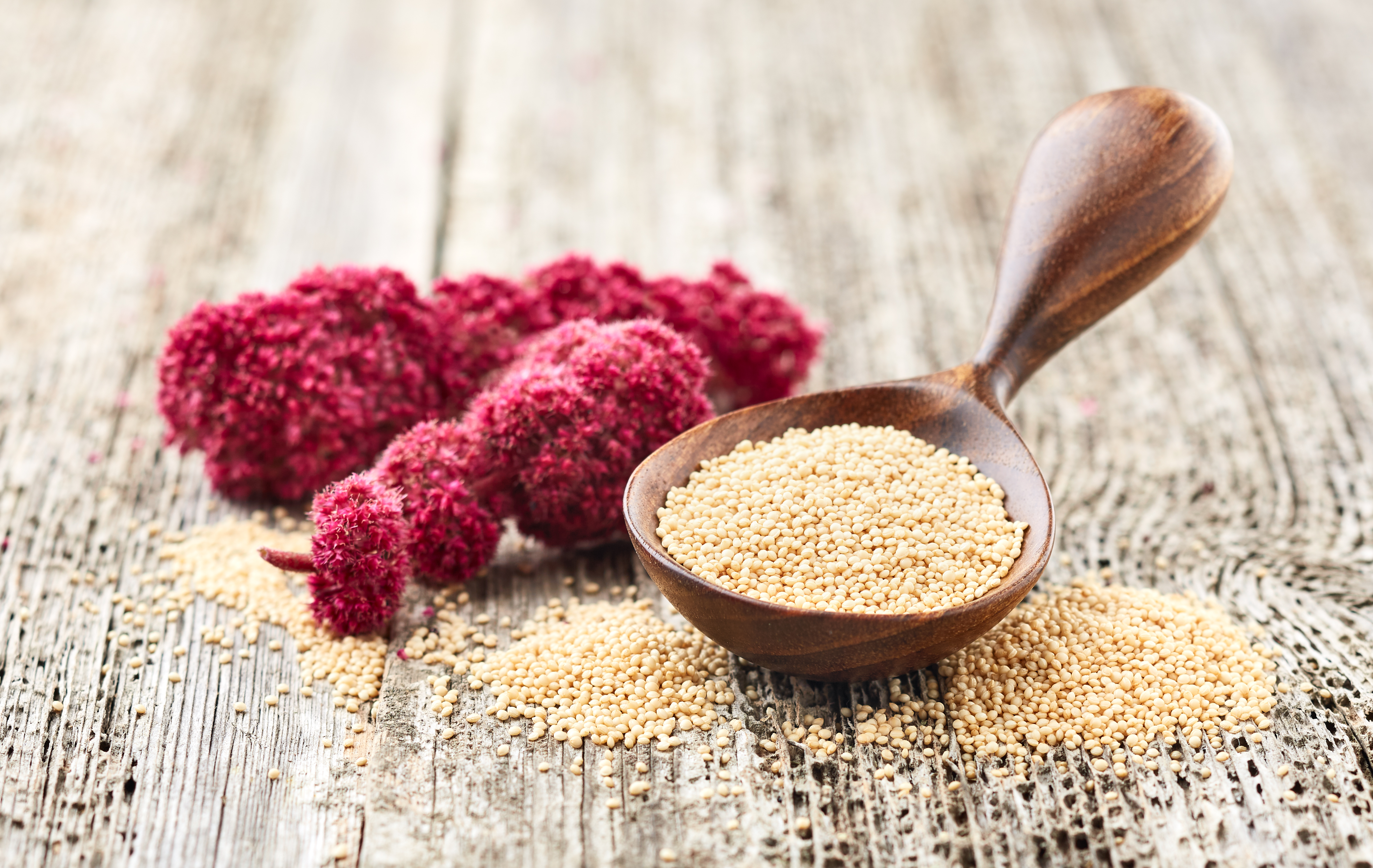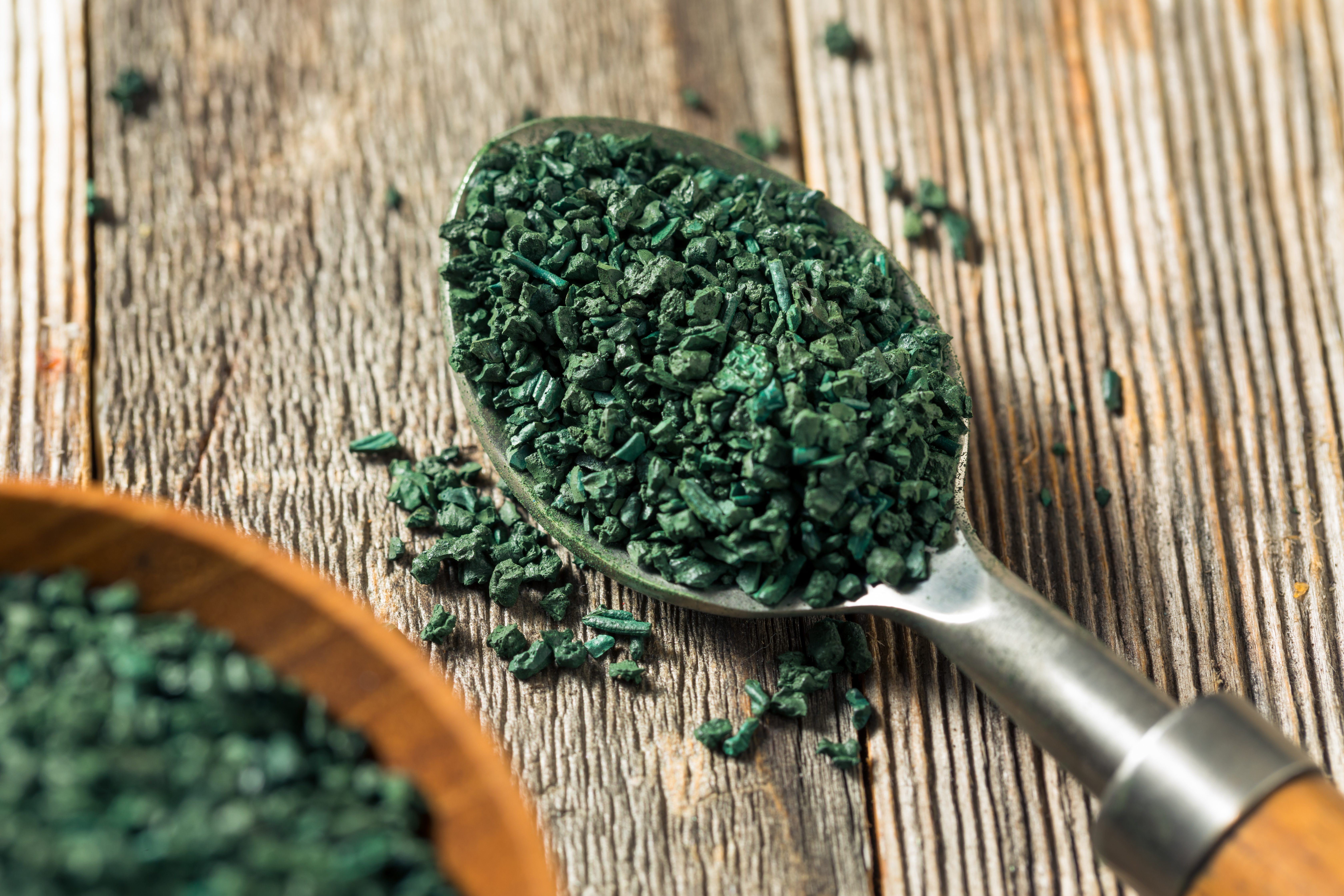42 Lesser-Known Superfoods That Pack More Nutrient Power Than Kale
3. Amaranth: The Ancient Grain of the Aztecs

Amaranth is an ancient grain that dates back thousands of years and was a staple food of the Aztec civilization. Despite its long history, it remains relatively unknown in modern diets. This gluten-free grain is packed with protein, boasting a higher protein content than most other grains, including quinoa. It contains all nine essential amino acids, making it a complete protein source. Amaranth is also rich in iron, magnesium, phosphorus, and manganese, contributing to its status as a nutritional powerhouse. The health benefits of amaranth extend beyond its nutrient content. It is known for its ability to lower cholesterol levels, reduce inflammation, and support bone health. The grain's high fiber content aids in digestion and helps maintain a healthy weight. Amaranth can be cooked like rice or popped like popcorn, making it a versatile addition to salads, soups, and breakfast cereals. Its mild, nutty flavor complements a variety of dishes, allowing it to seamlessly integrate into diverse culinary traditions. As we continue to explore nutrient powerhouses, amaranth's unique combination of nutrients and health benefits make it a compelling alternative to kale.
4. Spirulina: The Blue-Green Algae

Spirulina, a type of blue-green algae, is one of the most nutrient-dense foods on the planet. It has been consumed for centuries by indigenous peoples in Africa and Central America and has gained popularity in recent years as a potent superfood. Spirulina is an excellent source of protein, providing all essential amino acids, and is rich in vitamins B1, B2, B3, copper, and iron. Its high chlorophyll content gives it a vibrant green color and contributes to its detoxifying properties. The health benefits of spirulina are extensive. It has been shown to lower blood pressure, improve cholesterol levels, and boost the immune system. Spirulina's antioxidant properties help protect cells from damage and reduce inflammation, making it a valuable addition to the diet of those with chronic illnesses. The algae can be consumed in powder or tablet form and is often added to smoothies, juices, or energy bars. Its slightly earthy taste may take some getting used to, but the nutritional benefits are well worth the effort. As we continue to explore nutrient powerhouses, spirulina's impressive nutrient profile and health benefits make it a standout option.
